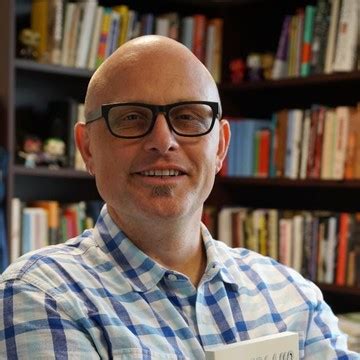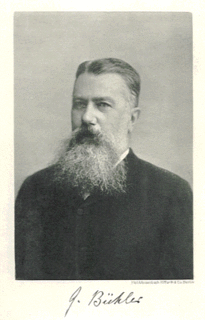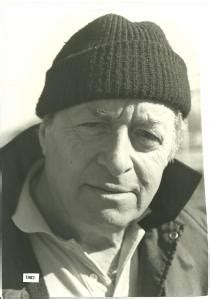A Quote by Siri Hustvedt
Henry Miller is a famous writer whose work has fallen out of fashion, but I strongly recommend that readers who don't know his work pick up a book and experience this writer's zealous, crazy, inventive, funny, sexy, often delirious prose.
Related Quotes
The ear is the only true writer and the only true reader. I know people who read without hearing the sentence sounds and they were the fastest readers. Eye readers we call them. They get the meaning by glances. But they are bad readers because they miss the best part of what a good writer puts into his work.
You write differently in each book. It may appear to be similar to readers, but you're a different writer in each book because you haven't approached that subject before. And every subject brings out a different prose strain in you. Fundamentally, yes, you're contained as one writer. But you have various voices. Like a good actor.
Oh, I love labels, as long as they are numerous. I'm an American writer. I'm a Nigerian writer. I'm a Nigerian American writer. I'm an African writer. I'm a Yoruba writer. I'm an African American writer. I'm a writer who's been strongly influenced by European precedents. I'm a writer who feels very close to literary practice in India - which I go to quite often - and to writers over there.
If a writer of prose knows enough about what he is writing about he may omit things that he knows and the reader, if the writer is writing truly enough, will have a feeling of those things as strongly as though the writer had stated them. The dignity of movement of an iceberg is due to only one-eighth of it being above water. A writer who omits things because he does not know them only makes hollow places in his writing.
Books are just dead words on paper and it is the readers who bring the stories alive. Previously, writers wrote a book and sent it out into the world. A couple of months after publication letters from readers might arrive. And, leaving aside the professional reviews, it is really the reader's opinions that the writer needs. They vote for a book - and a writer - with their hard earned cash every time they go into a bookstore (or online - that's my age showing!) and buy a book.
The process of writing can be a powerful tool for self-discovery. Writing demands self-knowledge; it forces the writer to become a student of human nature, to pay attention to his experience, to understand the nature of experience itself. By delving into raw experience and distilling it into a work of art, the writer is engaging in the heart and soul of philosophy - making sense out of life.
The only valid reason to use clichés is in the speech of a character. Cliches are indications of sloppy writing. The writer does not respect the scene he is trying to dramatize enough to fashion it through precise prose and imaginative imagery. From the book Dare to be a Great Writer: 329 Keys to Powerful Fiction by
But the writer who endures and keeps working will finally know that writing the book was something hard and glorious, for at the desk a writer must try to be free of prejudice, meanness of spirit, pettiness, and hatred; strive to be a better human being than the writer normally is, and to do this through concentration on a single word, and then another, and another. This is splendid work, as worthy and demanding as any, and the will and resilience to do it are good for the writer's soul.
The inimitable writer Maxine Hong Kingston published a book in 2002 with the title To Be the Poet. However, in contrast to the transformatory distinctions Kingston makes between the conditions of being a prose writer and "the poet," my multigenre impulses incline me to a broader transformation: to be a writer.






































